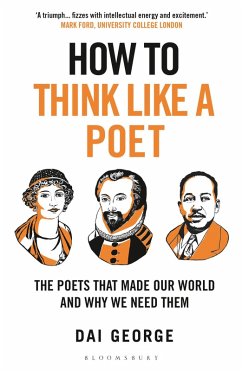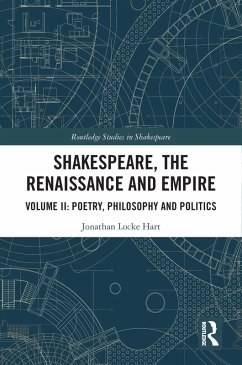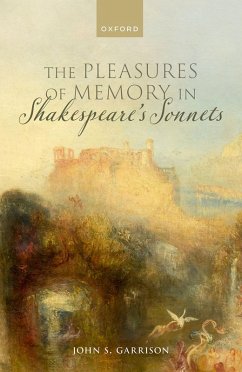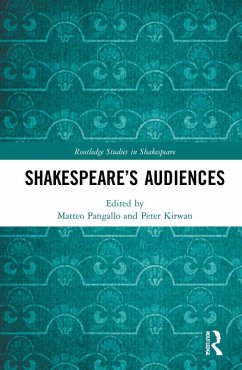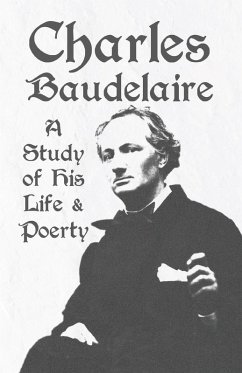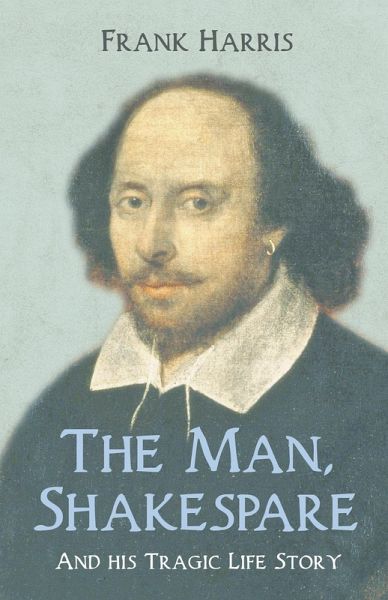
The Man, Shakespeare - And his Tragic Life Story (eBook, ePUB)
Versandkostenfrei!
Sofort per Download lieferbar
7,99 €
inkl. MwSt.
Weitere Ausgaben:

PAYBACK Punkte
4 °P sammeln!
"The Man, Shakespeare - And his Tragic Life Story" is a 1909 work by Frank Harris that explores the character of Shakespeare by analysing that of his most notable characters. This fascinating volume offers a unique insight into the world-famous playwright, constituting a must-read for fans of Shakespeare's timeless work. Contents include: "Hamlet: Romeo-Jaques", "Hamlet-Macbeth", "Duke Vincentio-Posthumous", "Shakespeare's Men Of Action: The Bastard, Arthur, And King Richard II", "Shakespeare's Men Of Action (continued) Hot-Spur, Henry V., Richard III", "Shakespeare's Men Of Action (Concluded)...
"The Man, Shakespeare - And his Tragic Life Story" is a 1909 work by Frank Harris that explores the character of Shakespeare by analysing that of his most notable characters. This fascinating volume offers a unique insight into the world-famous playwright, constituting a must-read for fans of Shakespeare's timeless work. Contents include: "Hamlet: Romeo-Jaques", "Hamlet-Macbeth", "Duke Vincentio-Posthumous", "Shakespeare's Men Of Action: The Bastard, Arthur, And King Richard II", "Shakespeare's Men Of Action (continued) Hot-Spur, Henry V., Richard III", "Shakespeare's Men Of Action (Concluded): King Henry VI And Richard III", "Shakespeare As Lyric Poet: "Twelfth Night", etc. Frank Harris (1855-1931) was an Irish-American novelist, editor, journalist, publisher, and short story writer who had acquaintances with many famous people of his day. Other notable works by this author include: "Confessional" (1930), "The Yellow Ticket And Other Stories" (1914), and "Contemporary Portraits" (1915-1923). This classic work is being republished now in an affordable, modern, high-quality edition complete with an introductory biography of the author.
Dieser Download kann aus rechtlichen Gründen nur mit Rechnungsadresse in A, D ausgeliefert werden.





